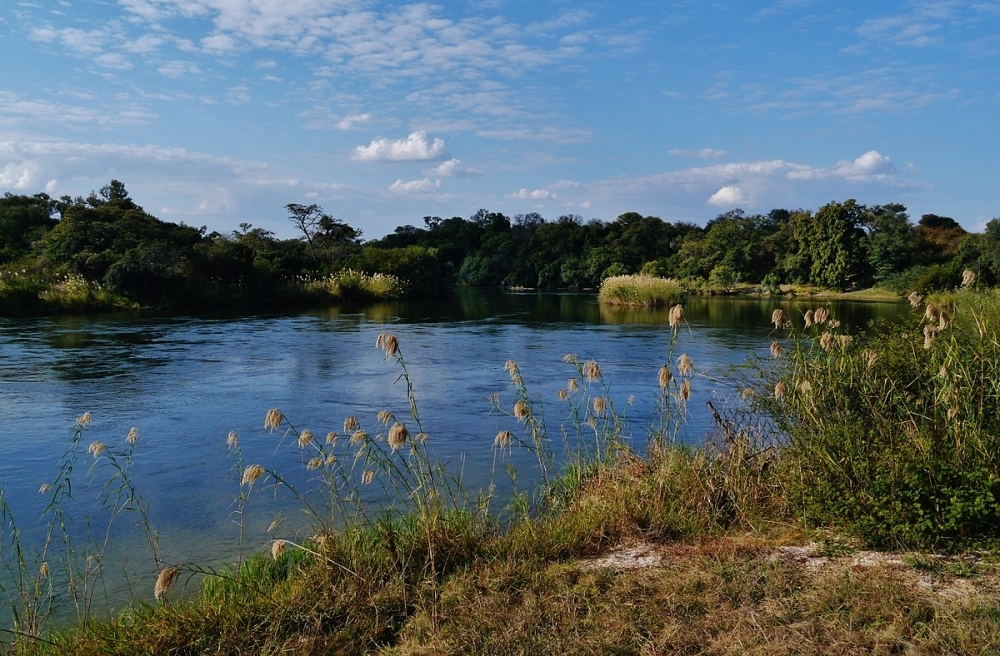Namibia accedes to international water treaty
Namibia has confirmed its intention to the Convention on
the Protection and Use of Transboundary Watercourses and International Lakes, also known as the Water Convention.
According to the agriculture ministry’s deputy director of public relations, Chrispin Matongela, Namibia shares all its perennial rivers with neighbouring countries and is both a midstream and downstream country.
“Transboundary water cooperation is therefore crucial for Namibia’s water security, sustainable and socio-economic development.”
He said that in today’s interconnected world, water availability is directly related to peace and security and that worldwide pressure on freshwater is rising due to climate change, pollution and growing demand for water, which further contributes to water insecurity.
Work together
The Water Convention constitutes a unique global legal and intergovernmental framework for the sustainable management of transboundary water resources, Matongela said.
Being part of the convention will add value to the implementation of the existing bilateral and multilateral agreements, as well as protocols and conventions aimed at promoting joint management and sustainable development of the internationally shared waters.
Consequently, as part of Namibia’s commitment to transboundary water management, the country has all its freshwater bodies covered by operational management arrangements. Among the ratified basin agreements Namibia has entered to are the establishment of the Okavango-Cubango River Commission (OKACOM), shared with Angola and Botswana; the Orange-Senqu River Commission (ORASECOM), shared with South Africa, Botswana, Zimbabwe); the Zambezi Watercourse Commission (ZAMCOM), shared with all other riparian states of Botswana, Malawi, Mozambique, Tanzania, Zambia and Zimbabwe; and the Cuvelai Watercourse Commission (CUVECOM) with Angola.
At the regional level, Namibia is a party to the 2000 Southern African Development Community’s (SADC) Revised Protocol on Shared Watercourses and to the 1997 UN Convention on the Law of the Non-navigational Uses of International Watercourses at the global level.
the Protection and Use of Transboundary Watercourses and International Lakes, also known as the Water Convention.
According to the agriculture ministry’s deputy director of public relations, Chrispin Matongela, Namibia shares all its perennial rivers with neighbouring countries and is both a midstream and downstream country.
“Transboundary water cooperation is therefore crucial for Namibia’s water security, sustainable and socio-economic development.”
He said that in today’s interconnected world, water availability is directly related to peace and security and that worldwide pressure on freshwater is rising due to climate change, pollution and growing demand for water, which further contributes to water insecurity.
Work together
The Water Convention constitutes a unique global legal and intergovernmental framework for the sustainable management of transboundary water resources, Matongela said.
Being part of the convention will add value to the implementation of the existing bilateral and multilateral agreements, as well as protocols and conventions aimed at promoting joint management and sustainable development of the internationally shared waters.
Consequently, as part of Namibia’s commitment to transboundary water management, the country has all its freshwater bodies covered by operational management arrangements. Among the ratified basin agreements Namibia has entered to are the establishment of the Okavango-Cubango River Commission (OKACOM), shared with Angola and Botswana; the Orange-Senqu River Commission (ORASECOM), shared with South Africa, Botswana, Zimbabwe); the Zambezi Watercourse Commission (ZAMCOM), shared with all other riparian states of Botswana, Malawi, Mozambique, Tanzania, Zambia and Zimbabwe; and the Cuvelai Watercourse Commission (CUVECOM) with Angola.
At the regional level, Namibia is a party to the 2000 Southern African Development Community’s (SADC) Revised Protocol on Shared Watercourses and to the 1997 UN Convention on the Law of the Non-navigational Uses of International Watercourses at the global level.





Comments
Namibian Sun
No comments have been left on this article